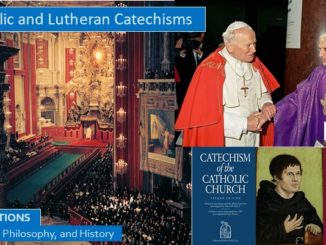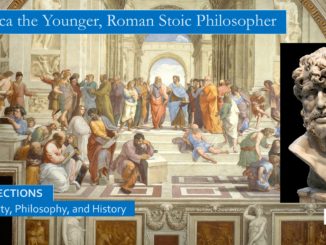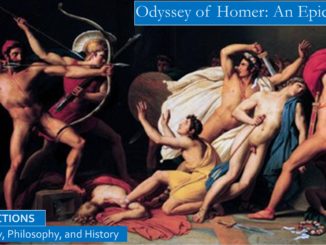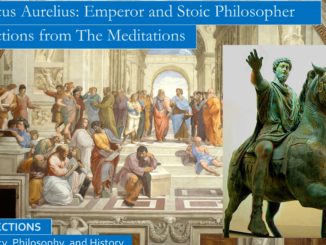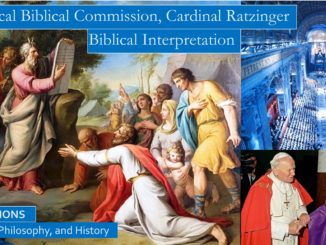
Biblical Interpretation in the Catholic Church, the 1994 Pontifical Biblical Commission Decree
Historically, the Catholic Church has defended itself from attacks, both real and imagined, from enemies of the faith, and this defensiveness also extended to Biblical studies. The twentieth century saw a relaxing of this defensiveness, culminating in the decree Dei Verbum pronounced by Vatican II, encouraging Catholic scholars to use more modern methods of interpreting the Scriptures, under the guidance of the Vatican office, the Pontifical Biblical Commission. […]

